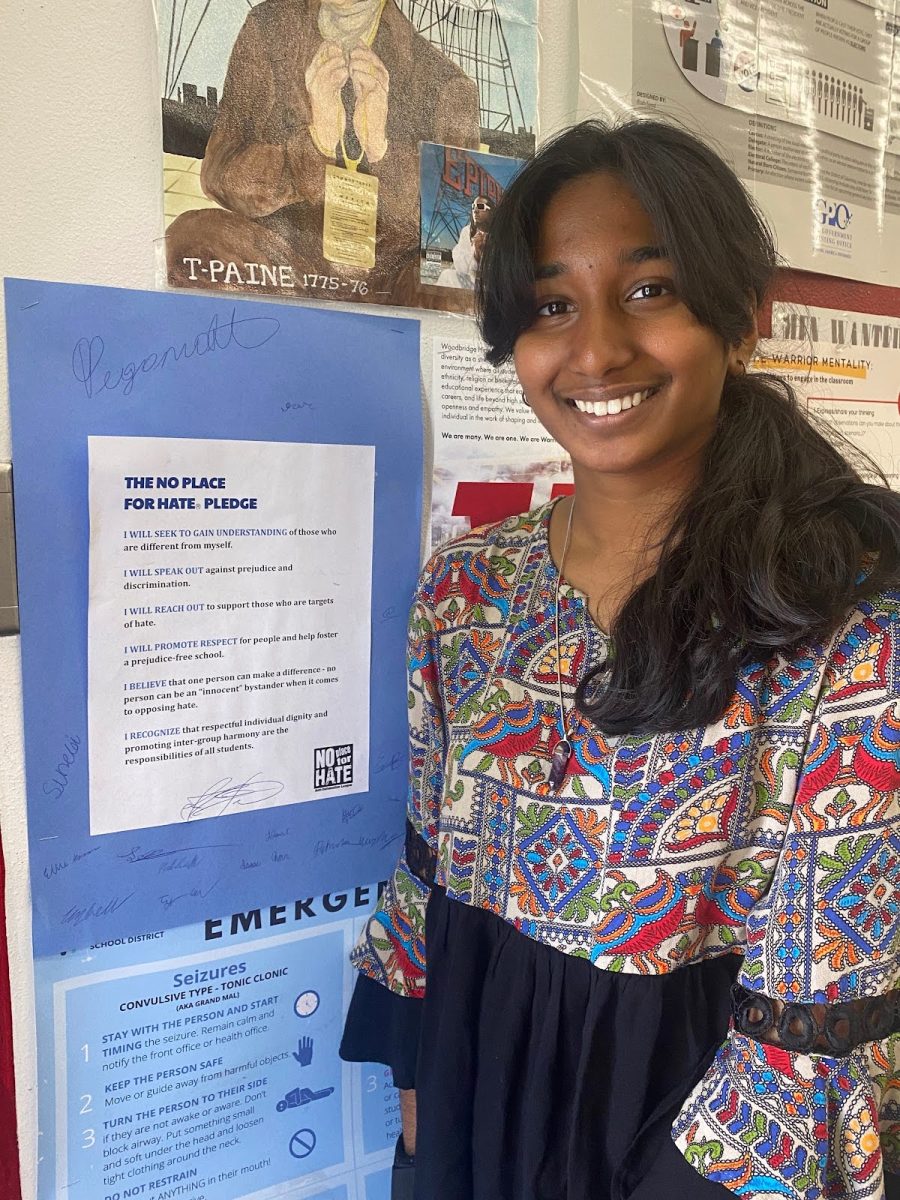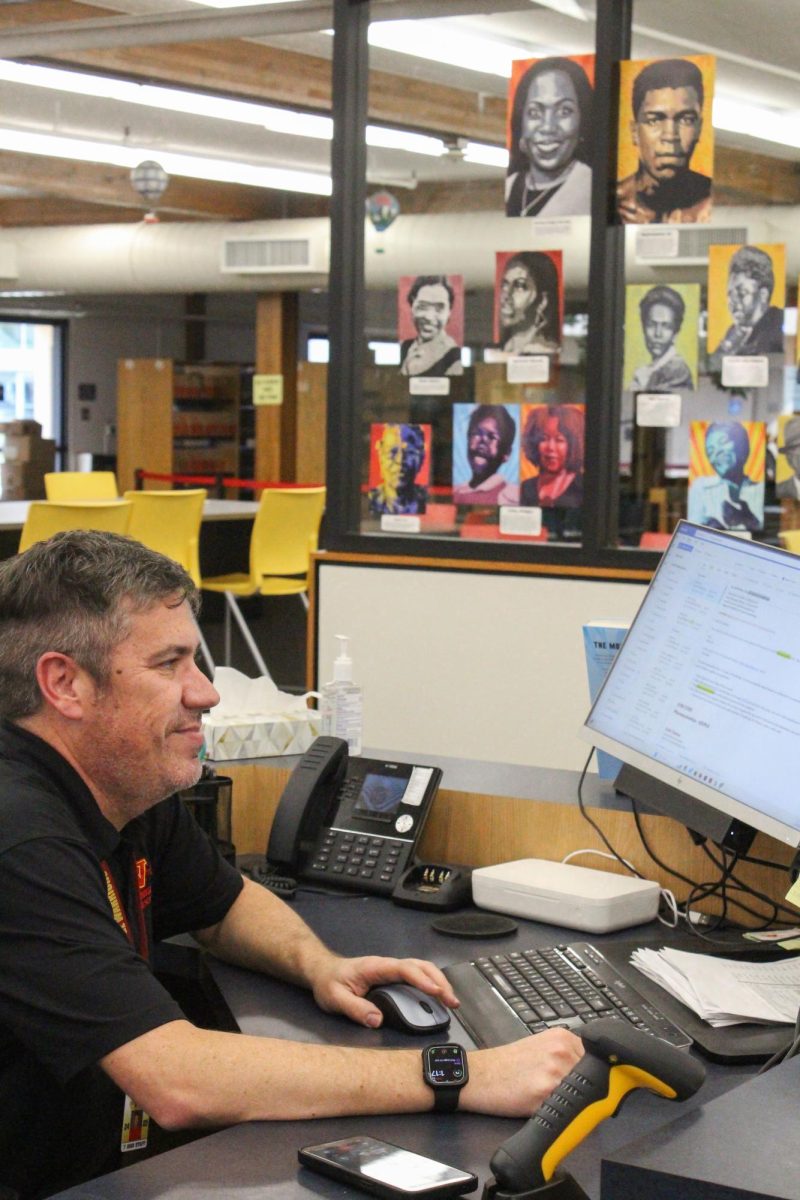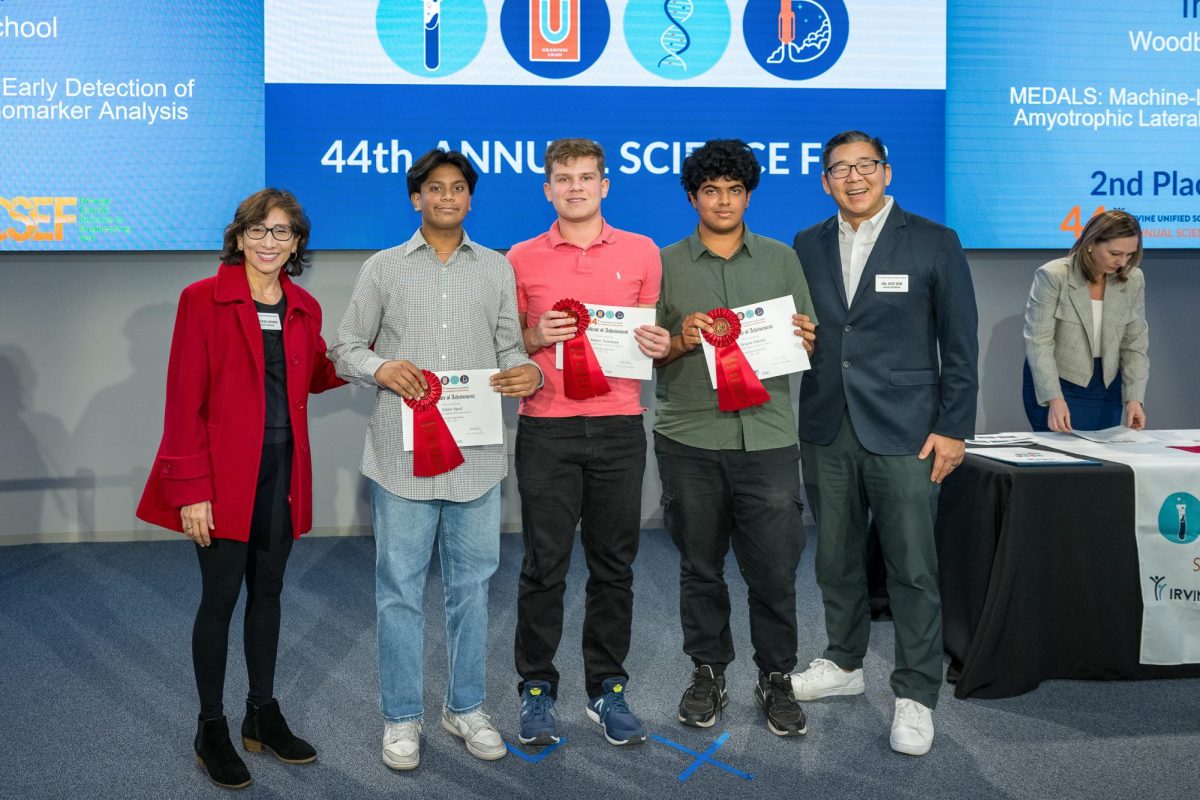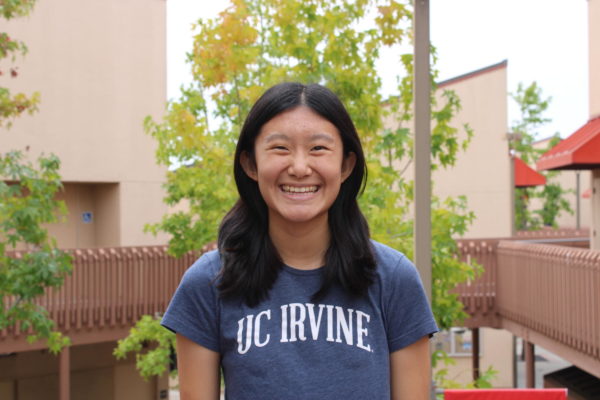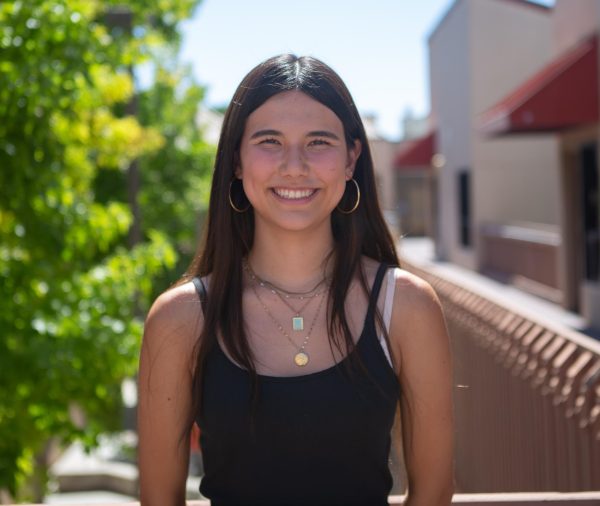While students continue to search for possible career choices, Woodbridge High clubs provide further insight into what different career pathways offer. The activities, collaborations and competitions from career clubs give students the opportunity to understand multiple types of careers.
Astronomy Club
The Astronomy Club encourages students interested in astronomy to learn the subject more conceptually rather than connecting it to physics, chemistry or mathematics.
Junior and President Hridaya Saravanan noted that having a general knowledge of astronomy allows individuals to appreciate how the universe plays a major role in their lives.
“Knowing our place in the universe can also give us a greater appreciation of why we’re here and how we’re basically the universe trying to understand itself,” Saravanan said.
Saravanan created the astronomy club because she previously enrolled in a class at Irvine Valley College (IVC) and left the class with knowledge that she believed other people would be interested in.
To help students explore astronomy, the club offers active activities during club meetings during lunch, such as citizen science projects. One data classification project enables students to categorize galaxies into different shapes while identifying various types of galaxies.
“[This activity] allows students to partake in important science that real astrophysics and astronomers are doing in the real world right now,” Saravanan said.
Each club meeting spotlights a specific career in astronomy, including, planetarium directors, aerospace engineers and astrophysics. The club highlights what each career path usually does and some of the qualifications they need to reach their careers. The club aims to find and educate club members on more astronomy careers.
Saravanan hopes to incorporate more hands-on activities and take club members on a trip to a local planetarium next year.
After being president of the astronomy club for two years, Saravanan has become more passionate about the subject and aims to further her college studies in astronomy.
“My goal is to obtain a degree in astrophysics and hopefully work in some sort of university research or even just become a science educator [or] science communicator,” Saravanan said.
SkillsUSA
SkillsUSA introduces students curious about engineering to learn more about the engineering career pathway and become skilled professionals and leaders in engineering.
With SkillsUSA being recently established, the club’s main goal for this year was to create a coalition of all the Science, Technology, Engineering and mathematics (STEM) clubs at Woodbridge High, allowing students to explore other career clubs.
Senior and president Meera Sambhwani hopes students intrigued by STEM will join SkillsUSA to find other STEM clubs that cater to their interests.
“We hope [this club] will be a place where people who are interested in STEM can come and find what club is interesting for them within that, and after that they can now join those clubs and just be part of a community,” Sambhwani said.
This club has also allowed students who are planning to enroll in community college or trade schools to apply for their engineering and manufacturing scholarships.
SkillsUSA has given students the opportunity to have leadership positions and develop bonds with other students. Sambhwani hopes this club becomes a community for individuals with like-minded interests.
Board members also hope that this club will allow students to find competitions through SkillsUSA to compete in and have future guest speakers discussing the expectations of becoming an engineer.
Cyber Patriot Club
Cyber Patriot Club promotes interest in various aspects of cybersecurity such as networking, digital forensics, cryptography and different operating systems (Windows).
This club has allowed club members to participate in two annual competitions: the Air Force Association’s (AFA) Cyber Patriot competition and Capture the Flag competitions (CTF).
The AFA competitions teach students to protect systems and machines against cyber-attacks while engaging in simulated cybersecurity scenarios. On the other hand, CTF competitions allow students to solve challenges related to cryptography, web exploitation and reverse engineering.
Senior and president Noelle Zepeda highlights the impact of these competitions and how these experiences develop students’ skills in cyber security and help them apply these abilities to different industries.
“Participating in [these] competitions equip us with crucial skills like cyber defense, cryptography and ethical hacking, which are core skills in the cyber defense field. These skills not only prepare us for specialized roles but can also be extended to broader majors such as computer science,” Zepeda said.
In their recent AFA CyberPatriot competition, the team was placed in the highest platinum tier (top 30%). They reached the semi-finalist round and were in the top 25% of the platinum tier in the past four years.
Through these experiences with the Cyber Patriot Club, club members have gained the skills to protect their online progress against cyber threats.
“It is important to safeguard our digital identities, protect our privacy and contribute to a safer online community. And in doing so, we must help shape a future where we control cybersecurity, not the other way around,” Zepeda said.




